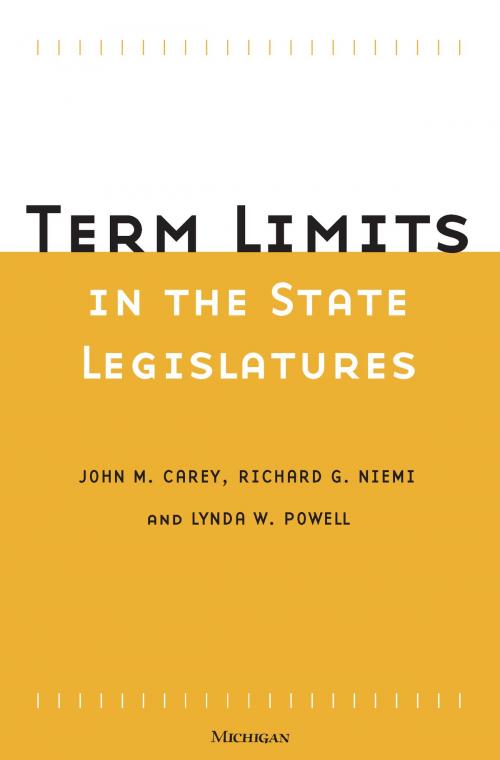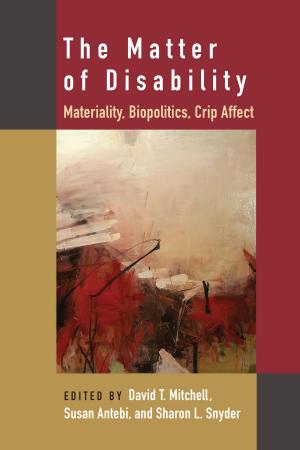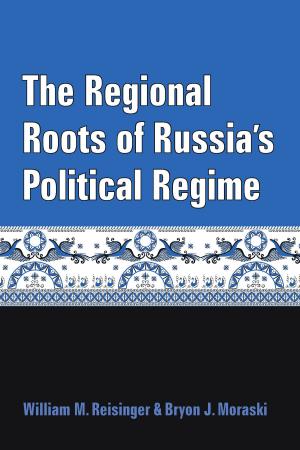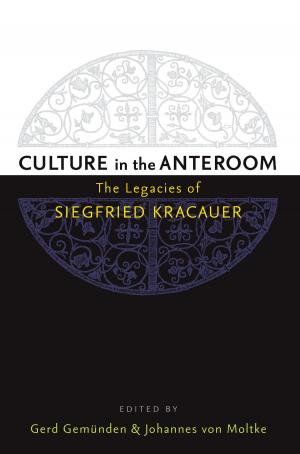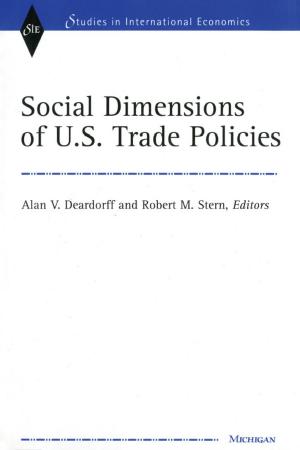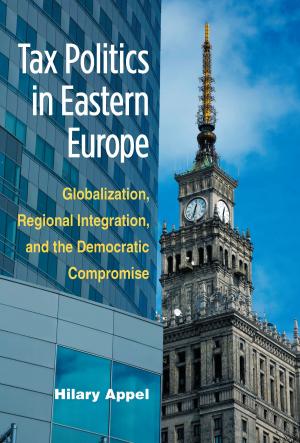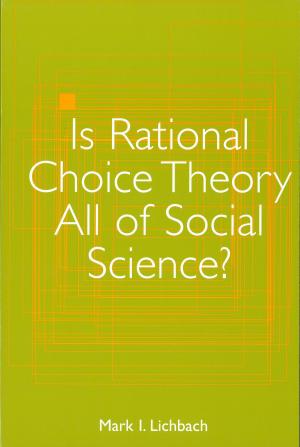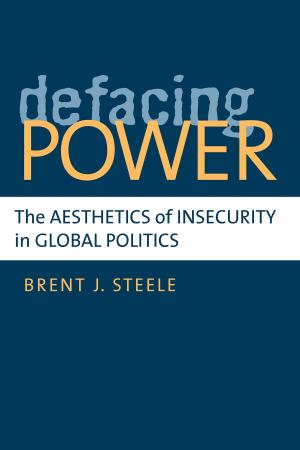Term Limits in State Legislatures
Nonfiction, Reference & Language, Law, Social & Cultural Studies, Political Science| Author: | John M. Carey, Richard G. Niemi, Lynda W. Powell | ISBN: | 9780472024100 |
| Publisher: | University of Michigan Press | Publication: | November 12, 2009 |
| Imprint: | University of Michigan Press | Language: | English |
| Author: | John M. Carey, Richard G. Niemi, Lynda W. Powell |
| ISBN: | 9780472024100 |
| Publisher: | University of Michigan Press |
| Publication: | November 12, 2009 |
| Imprint: | University of Michigan Press |
| Language: | English |
It has been predicted that term limits in state legislatures--soon to be in effect in eighteen states--will first affect the composition of the legislatures, next the behavior of legislators, and finally legislatures as institutions. The studies in Term Limits in State Legislatures demonstrate that term limits have had considerably less effect on state legislatures than proponents predicted.
The term-limit movement--designed to limit the maximum time a legislator can serve in office--swept through the states like wildfire in the first half of the 1990s. By November 2000, state legislators will have been "term limited out" in eleven states.
This book is based on a survey of nearly 3,000 legislators from all fifty states along with intensive interviews with twenty-two legislative leaders in four term-limited states. The data were collected as term limits were just beginning to take effect in order to capture anticipatory effects of the reform, which set in as soon as term limit laws were passed. In order to understand the effects of term limits on the broader electoral arena, the authors also examine data on advancement of legislators between houses of state legislatures and from the state legislatures to Congress.
The results show that there are no systematic differences between term limit and non-term limit states in the composition of the legislature (e.g., professional backgrounds, demographics, ideology). Yet with respect to legislative behavior, term limits decrease the time legislators devote to securing pork and heighten the priority they place on the needs of the state and on the demands of conscience relative to district interests. At the same time, with respect to the legislature as an institution, term limits appear to be redistributing power away from majority party leaders and toward governors and possibly legislative staffers.
This book will be of interest both to political scientists, policymakers, and activists involved in state politics.
John M. Carey is Assistant Professor of Political Science, Washington University in St. Louis. Richard G. Niemi is Professor of Political Science, University of Rochester. Lynda W. Powell is Professor of Political Science, University of Rochester.
It has been predicted that term limits in state legislatures--soon to be in effect in eighteen states--will first affect the composition of the legislatures, next the behavior of legislators, and finally legislatures as institutions. The studies in Term Limits in State Legislatures demonstrate that term limits have had considerably less effect on state legislatures than proponents predicted.
The term-limit movement--designed to limit the maximum time a legislator can serve in office--swept through the states like wildfire in the first half of the 1990s. By November 2000, state legislators will have been "term limited out" in eleven states.
This book is based on a survey of nearly 3,000 legislators from all fifty states along with intensive interviews with twenty-two legislative leaders in four term-limited states. The data were collected as term limits were just beginning to take effect in order to capture anticipatory effects of the reform, which set in as soon as term limit laws were passed. In order to understand the effects of term limits on the broader electoral arena, the authors also examine data on advancement of legislators between houses of state legislatures and from the state legislatures to Congress.
The results show that there are no systematic differences between term limit and non-term limit states in the composition of the legislature (e.g., professional backgrounds, demographics, ideology). Yet with respect to legislative behavior, term limits decrease the time legislators devote to securing pork and heighten the priority they place on the needs of the state and on the demands of conscience relative to district interests. At the same time, with respect to the legislature as an institution, term limits appear to be redistributing power away from majority party leaders and toward governors and possibly legislative staffers.
This book will be of interest both to political scientists, policymakers, and activists involved in state politics.
John M. Carey is Assistant Professor of Political Science, Washington University in St. Louis. Richard G. Niemi is Professor of Political Science, University of Rochester. Lynda W. Powell is Professor of Political Science, University of Rochester.
